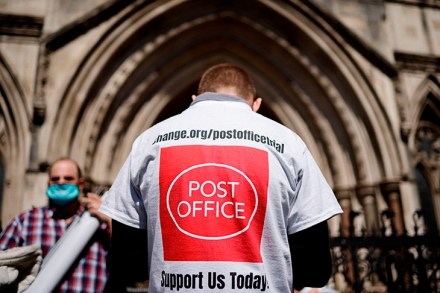It’s time the British faced some uncomfortable truths, says Matthew d’Ancona
As Britain starts its long Covid recovery, are deeper problems lurking beneath the surface? Matthew d’Ancona certainly thinks so, and in this brief, rather shrill polemic, he urges us to face some uncomfortable truths. Uppermost in his mind is the threat posed by the populist right, which he worries will try to blame Britain’s post-Covid economic hardship on immigrants. D’Ancona suggests that a message of intolerance would fall on fertile ground. Britain, he says, is already in a state of disarray: Public confidence in our institutions has plummeted, as has the belief in a widely honoured social contract; the notion of shared universal rights and responsibilities is mortally threatened in




















